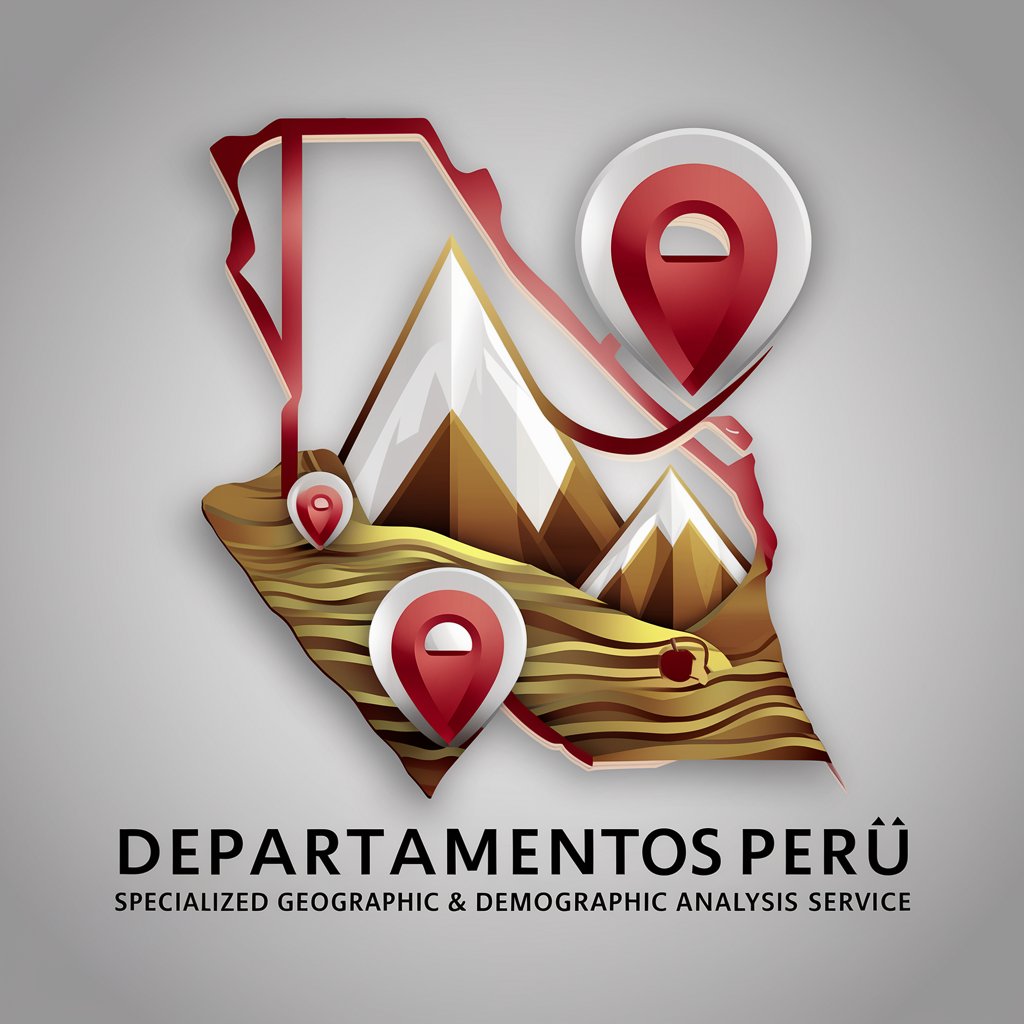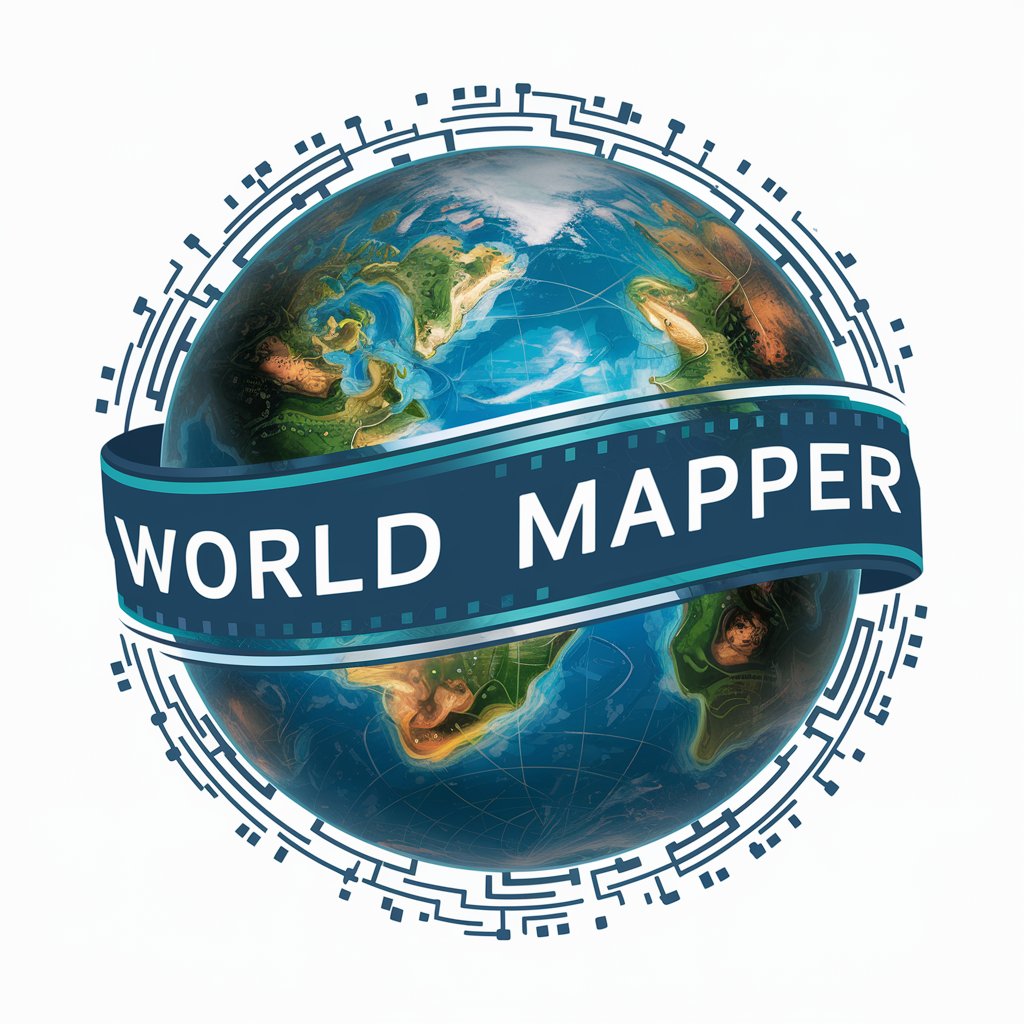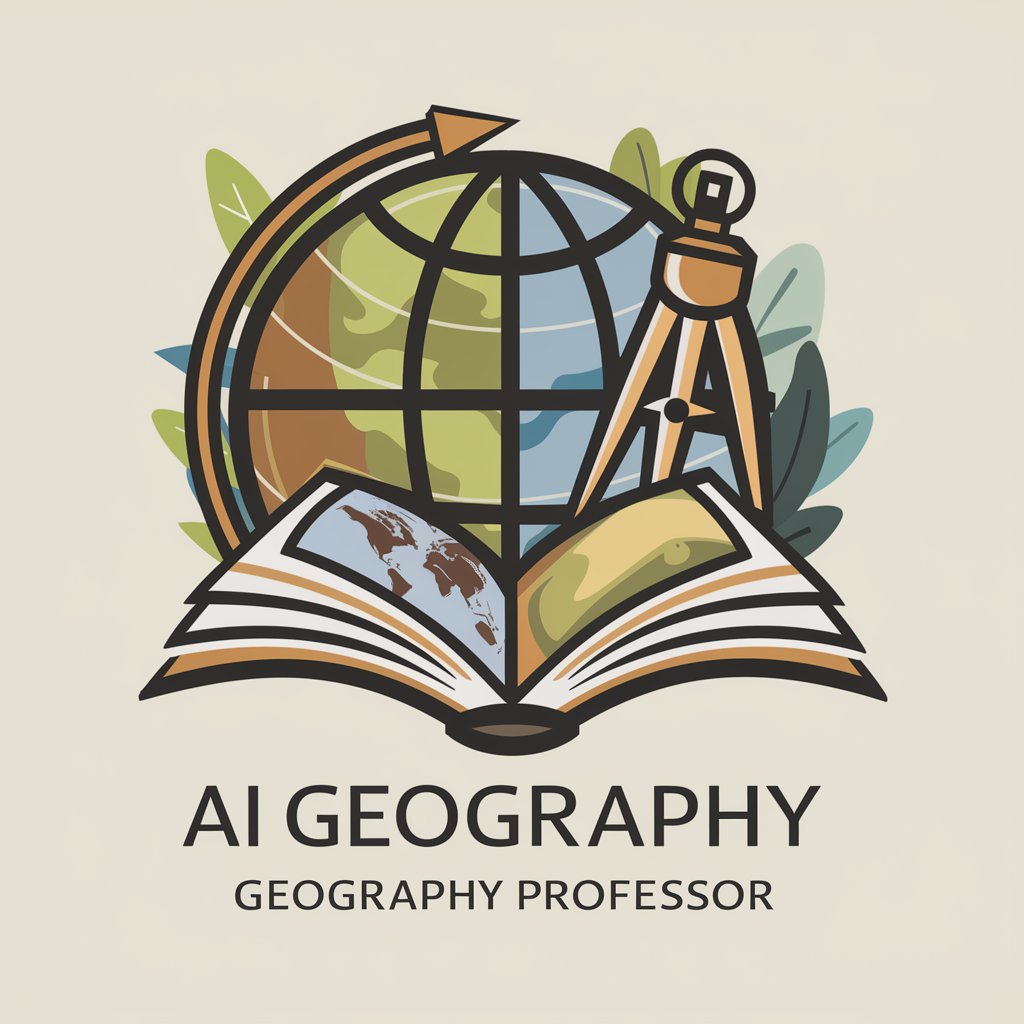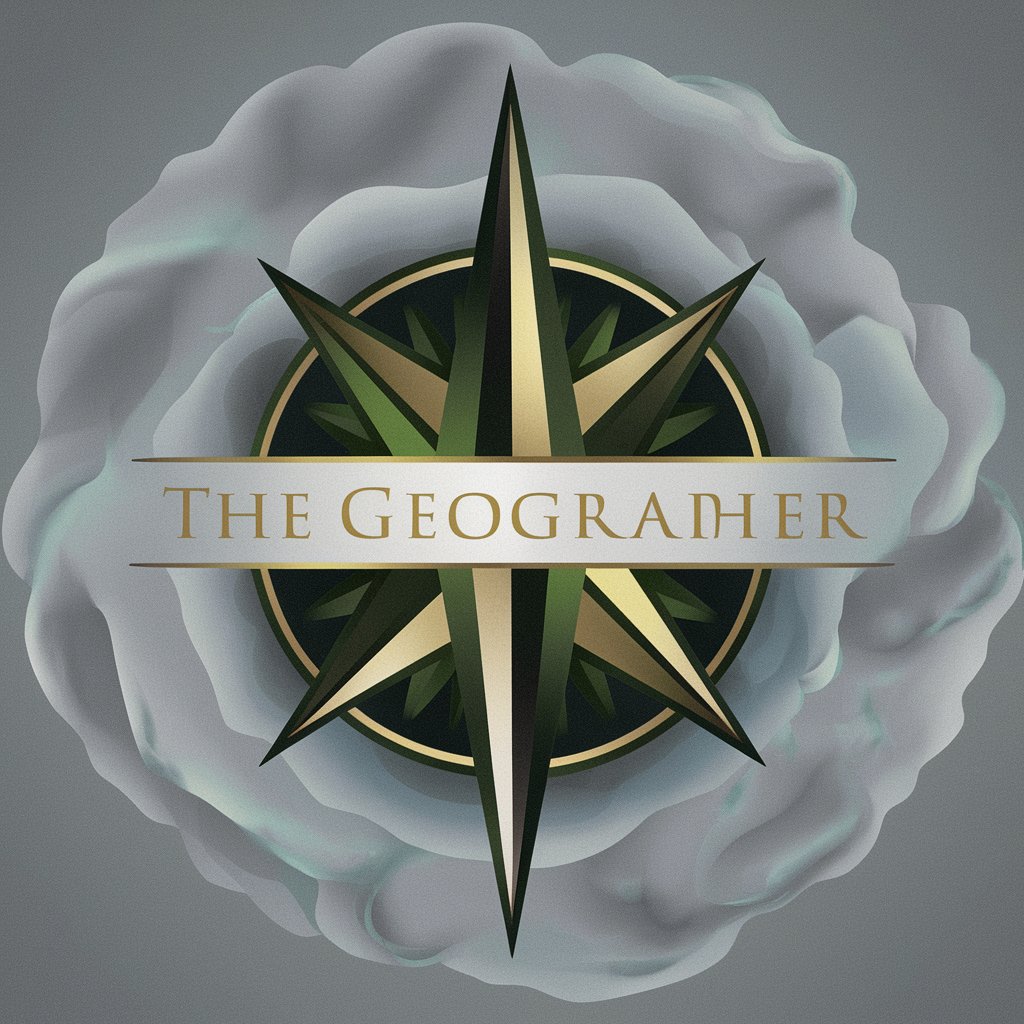11 GPTs for Geographic Analysis Powered by AI for Free of 2025
AI GPTs (Generative Pre-trained Transformers) for Geographic Analysis are advanced tools designed to leverage machine learning for analyzing and interpreting geographic data. These tools apply the power of GPT technology to parse, understand, and generate insights from spatial data, maps, and related information. By incorporating GPTs into geographic analysis, users can automate complex data interpretation tasks, extract meaningful patterns, and make informed decisions based on comprehensive spatial data assessments. Their relevance lies in their ability to transform vast amounts of unstructured geographic information into actionable insights, thus playing a crucial role in fields such as urban planning, environmental monitoring, and logistics.
Top 10 GPTs for Geographic Analysis are: Departamentos Perú,World Mapper,Geography Professor,Analista Excel Pro,Stratego,Earth Without Water,The Geographer - Essay Generator,Washington,広さを東京ドームに例えます,東京ドーム何個分か計算するAI
Departamentos Perú
Mapping Peru with AI-Powered Precision

World Mapper
Crafting Worlds with AI Precision

Geography Professor
Empowering Geography Learning with AI

Analista Excel Pro
Harness AI for deeper customer insights

Stratego
Empowering Strategies with AI

Earth Without Water
Visualizing a World Devoid of Water

The Geographer - Essay Generator
AI-powered geographic essay creation.

Washington
Explore Washington with AI
広さを東京ドームに例えます
Visualize areas with the iconic Tokyo Dome

東京ドーム何個分か計算するAI
Visualize Area with Tokyo Domes

C++ Visualize
Transforming data into interactive 3D maps.

Key Attributes of Geographic Analysis AI Tools
AI GPTs for Geographic Analysis boast a range of unique features that cater to the dynamic needs of spatial data analysis. These include natural language processing capabilities for interpreting geographic queries, the ability to integrate with mapping software, and sophisticated algorithms for spatial pattern recognition. They can process and analyze geographic information from diverse sources, offering detailed insights into environmental trends, population movements, and resource distributions. Moreover, these tools support customization for specific geographic analysis tasks, from simple data visualization to complex predictive modeling, making them versatile assets in the field.
Who Benefits from Geographic Analysis AI?
The target audience for AI GPTs in Geographic Analysis spans a broad spectrum, from novices in geography and students to experienced professionals in urban planning, environmental science, and logistics. These tools are designed to be user-friendly for those without programming skills, offering intuitive interfaces and guided analytics processes. Simultaneously, they provide robust customization options and API access for developers and analysts with technical expertise, allowing for tailored applications and integration into existing geographic information systems (GIS).
Try Our other AI GPTs tools for Free
Repair Diagnostics
Explore AI GPTs for Repair Diagnostics: Cutting-edge tools designed to revolutionize troubleshooting and maintenance with tailored, AI-driven solutions.
Geotechnical Design
Discover how AI GPTs are revolutionizing Geotechnical Design, offering precise analysis, tailored solutions, and seamless integration for projects of any scale.
Fat Loss
Discover how AI GPTs for Fat Loss can revolutionize your weight loss journey with personalized advice, diet plans, and workout strategies tailored just for you.
Caliber Analysis
Explore the transformative power of AI GPTs for Caliber Analysis, offering precision, adaptability, and efficiency in processing complex datasets across various sectors.
Exchange Evaluation
Discover AI GPTs for Exchange Evaluation: cutting-edge tools designed to revolutionize how exchanges are analyzed, optimized, and predicted, tailored for professionals and novices alike.
Aesthetic Visualization
Discover AI GPTs for Aesthetic Visualization: Transforming creative visions into reality with advanced AI tools designed to generate, enhance, and analyze visual content for diverse applications.
Expanding the Horizon with AI in Geography
AI GPTs for Geographic Analysis not only streamline the process of spatial data interpretation but also open new avenues for research and development in various sectors. Their integration into existing systems enhances workflow efficiency, offering user-friendly interfaces that lower the barrier to complex geographic analysis. These tools are continually evolving, incorporating the latest AI advancements to provide deeper insights and more accurate predictions for a range of geographic applications.
Frequently Asked Questions
What is AI GPT for Geographic Analysis?
AI GPT for Geographic Analysis refers to the application of Generative Pre-trained Transformer technology to interpret, analyze, and generate insights from geographic data, facilitating complex spatial analysis tasks through machine learning.
Who can use these AI GPT tools?
These tools are accessible to a wide range of users, from geography novices and students to professionals in urban planning, environmental science, and logistics, offering both simplicity for beginners and advanced options for experts.
How do these tools enhance geographic analysis?
They automate the interpretation of complex geographic data, provide insights into spatial patterns, and support decision-making processes by transforming unstructured geographic information into actionable intelligence.
Can non-technical users operate these AI GPT tools?
Yes, these tools are designed with user-friendly interfaces that do not require programming skills, making them accessible to non-technical users while also offering advanced features for experts.
What makes AI GPTs different from traditional GIS tools?
AI GPTs incorporate advanced machine learning and natural language processing, offering more dynamic analysis capabilities and insights than traditional GIS tools, which primarily focus on spatial data visualization and basic manipulation.
Can these tools predict geographic trends?
Yes, by analyzing historical and current geographic data, AI GPT tools can identify patterns and predict future trends in areas like climate change, urban development, and resource allocation.
How do AI GPT tools handle data privacy?
These tools implement robust data protection measures to ensure user data privacy, including encryption and anonymization of sensitive geographic information.
Are there customization options for specific geographic analysis needs?
Absolutely, users can customize these tools for specific analysis tasks, integrate them with existing GIS platforms, and even develop new applications using provided APIs and developer resources.